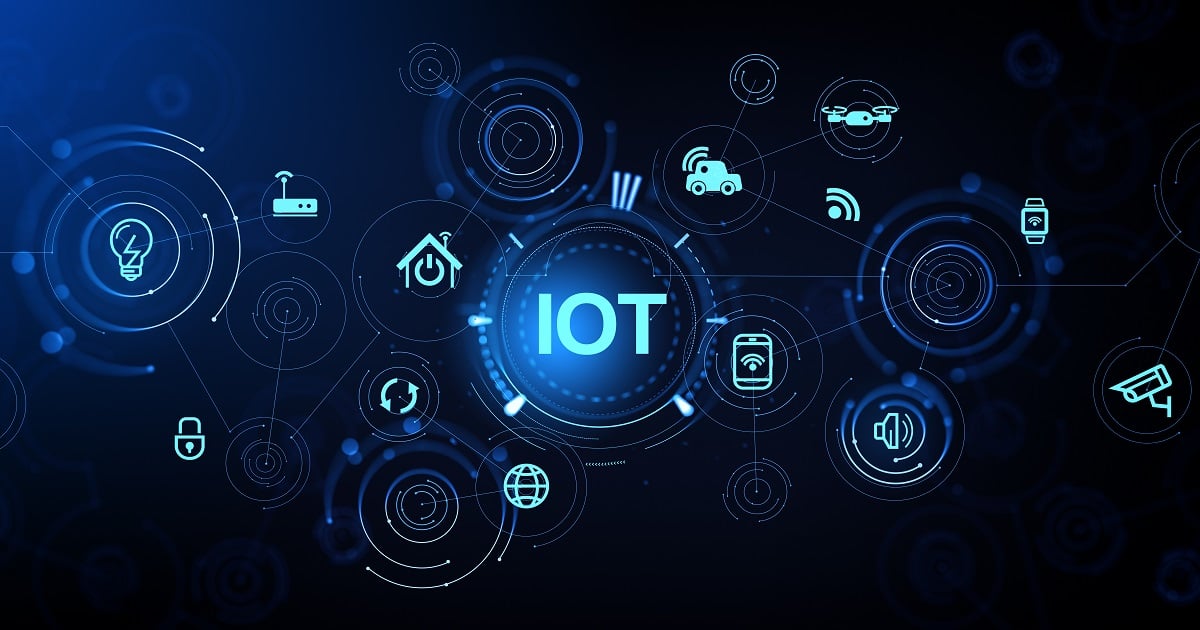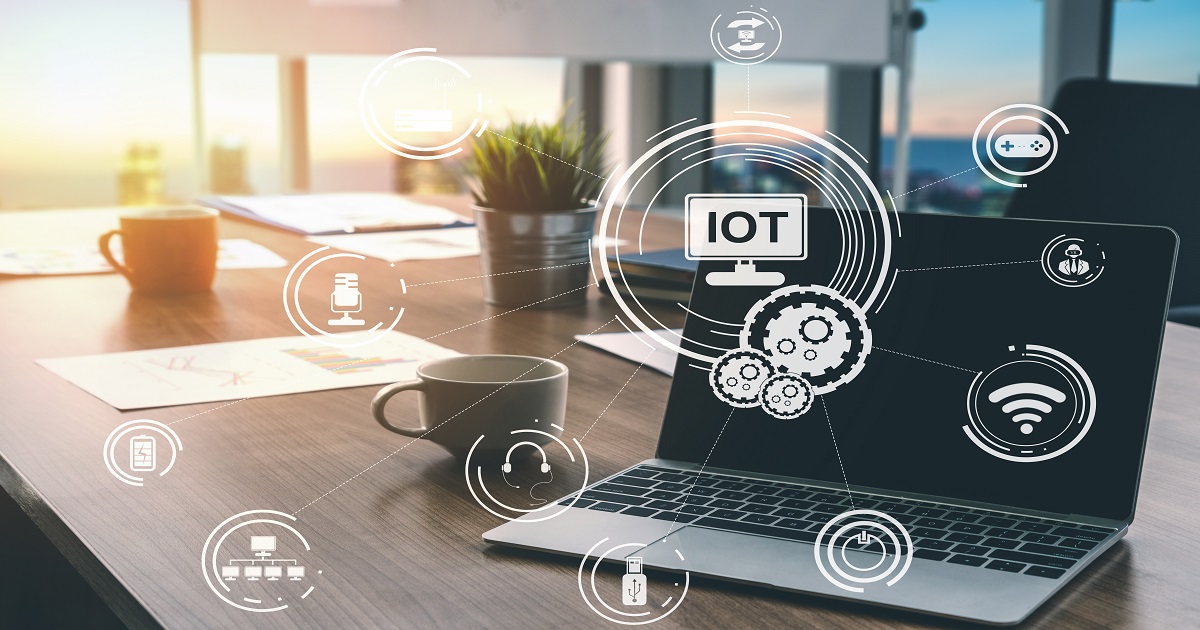It is pretty much a given that social, economic, and political forces shape the demand for new technologies. Demography is “destiny” in the sense that the demand for new products and services depends on the number of people and on their ages, genders, locations, and cultural heritages. Economics also matter because the arrangement of economic activities and the amount and distribution of wealth affords some people the opportunity to purchase new goods and services while constraining the ability of others. Politics plays a messier role by providing ways for incumbents to hinder the entry of competitive new technologies and at the same time allowing enthusiasts opportunities to direct subsidies to favored options.
Many frustrated technologists with Libertarian sympathies agree with Sir Ernest Benn (in a quote that is widely misattributed to Groucho Marx) who said that “politics is the art of looking for trouble, finding it everywhere, diagnosing it incorrectly, and applying the wrong remedies.” Others look skeptically at the evolving direction of technology and desire political interventions to protect security, safety, health, and human dignity.
Demand for the Internet of Things
The Internet of Things (IoT)—that emerging network of interconnected objects—is a great case in point. Earth’s human population is growing, aging, and urbanizing. More people will buy more stuff, including devices connected to the IoT. An aging population will value products and services that assist with the activities of daily life and track health and safety status. An urbanizing population will value smarter buildings and infrastructures that operate cities more efficiently, monitor critical environmental and security threats, and empower residents to function more effectively on the crowded streets.
Wealthy people have been the early adopters of smarter cars and homes, and it is the Class A office buildings occupied by tech, finance, and legal firms that have invested the most in smart building technologies. As consumer-grade devices become more affordable and reliable networks become more ubiquitous, the IoT is trickling down to the middle classes of the world. Smartphones and their accessories have put the potential of the IoT in the hands of the vast majority of the population.
That potential can enhance or diminish our lives, and some of each is occurring. I am grateful that my home fire detector can now contact my mobile phone if it detects heat or smoke. I am grateful too that my car supports hands-free phone calls, provides locational services, and self-diagnoses its maintenance needs. I appreciate that my city has adaptive traffic signals, a system to triangulate on the location of detected gunshots, and sensors to assess the structural soundness of a bridge I cross several times each day.
Concerns about IoT
I am less thrilled that my employer, my government, and many profit-making firms are in a position to track my location, count the keystrokes on my computer at work, and learn intimate details about my health status. I am also unhappy that a hacker can (and has) repeatedly shut down my university’s online presence during the last week of the school year, including the site where we enter student grades. I am distressed to read about cars being taken over by hackers while on the highway, and electric power networks becoming vulnerable to similar attacks.
Constraining the IoT
This brings the story back to politics. When technological innovations begin to diminish our lives, people react. They demand protections, regulations, and public oversight. Savvy technologists anticipate this dynamic and work hard to design the undesirable features out of the system, impose codes of conduct to discourage malfeasance, and avoid unsavory business models. Yet self-regulation has limits, especially in a global context lacking universal norms. Governments need to backstop self-regulation with strong legal liability laws and clear regulations that prohibit bad behavior. When governments themselves are the problem, their citizens need to step into the voting booth or onto the street to redirect society’s institutions.
Calls for governmental intervention and political action are rarely welcomed in tech circles, where more Libertarian views often prevail. However, politics is clearly part of the toolkit for ensuring that the IoT and other innovations improve the human condition. Good design, strict professional norms, and honorable business practices play key roles, but so do tort liability and governmental regulation, as well as social protests and political action. Creative leaders as diverse as architect Frank Gehry and writer Ernest Hemingway (who never had quotes misattributed to Groucho Marx) uniformly agree that constraints drive genius. This outcome has also been confirmed in technology development,[1] so those creating the IoT should embrace its emerging political constraints.
Learn more about this and the broader future of the IoT by attending the panel discussion at IEEE’s Technology Time Machine conference, #ieeettm, in San Diego, on October 20.
About the author: Clinton J. Andrews is a Professor at the Bloustein School of Planning and Public Policy, Rutgers University, and a volunteer for IEEE Future Directions and IEEE IoT. Find him at http://bloustein.rutgers.edu/andrews and on Twitter @Clinton_Andrews.
Edited by
Ken Briodagh





